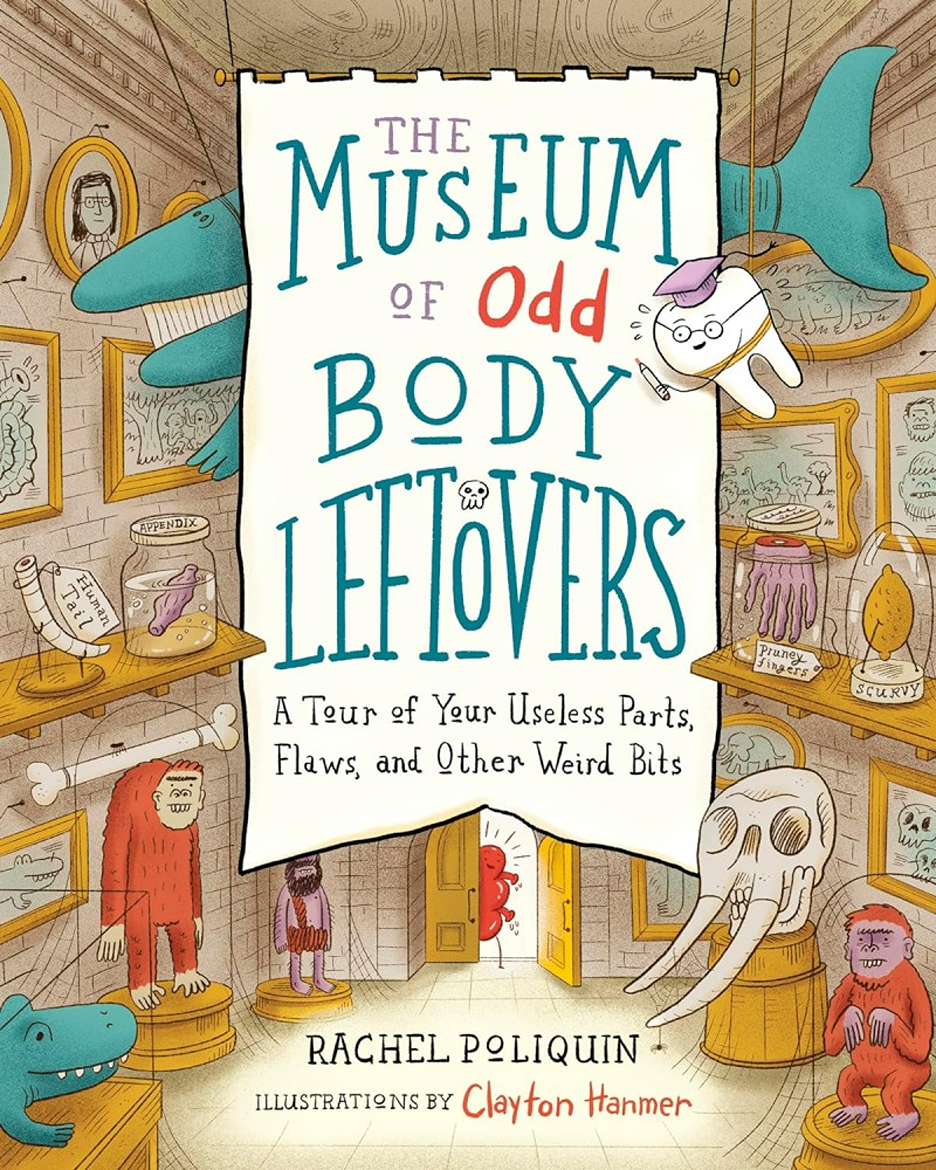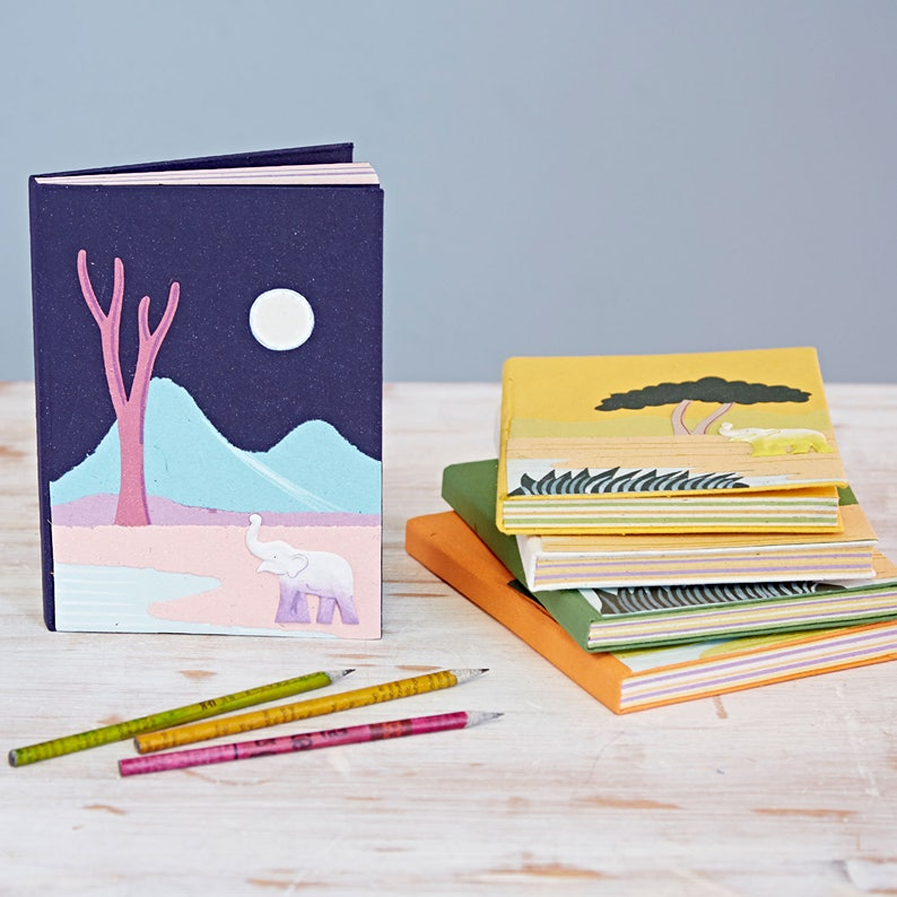Epsom Salts (for tired legs and achy joints)

Epsom salts (named after the Surrey town) contain magnesium, so can soothe tired joints and muscles, especially after workout. A cup in the tub is enough, even a short soak can refresh tired legs.
Do not use Epsom salts on broken skin. Avoid for diabetes, kidney disease, eating disorders or low-magnesium diets. Stop if you notice skin irritation, itching, or dizziness.
Epsom salts are better than dead sea salt, from a sea that is dying. Despite the name, it supports 500 million birds (300 species) who rest during migration and many plants, fish, leopards and ibex.
If you do use scent, add a few drops of sustainable aromatherapy oils (not for pregnancy/nursing) to a warm bath and swish the water.
If you use ‘bath water diverters’, choose unscented biodegradable bath products (even sea salt could harm plants).
Bath Time Safety Tips
Avoid very hot baths (especially for heart/blood pressure conditions and pregnancy/nursing), avoid slippery oils and stand up slowly. Avoid
Avoid use of pet-toxic plants (also read giving dogs baths). Avoid facing plants to outdoor gardens, to help stop birds flying into windows).
Safety for Baby Baths
NHS has a 2-minute video by a midwife (never leave babies alone, and avoid seats that can quickly detach). Run cold water first (test adding hot water with your wrist or elbow). Keep your baby’s head clear of the water, and don’t bathe straight after feeds (or if baby is hungry or tired). Avoid baby oils and talcum powder (don’t use cotton buds to clean ears, the cause of most infections).





